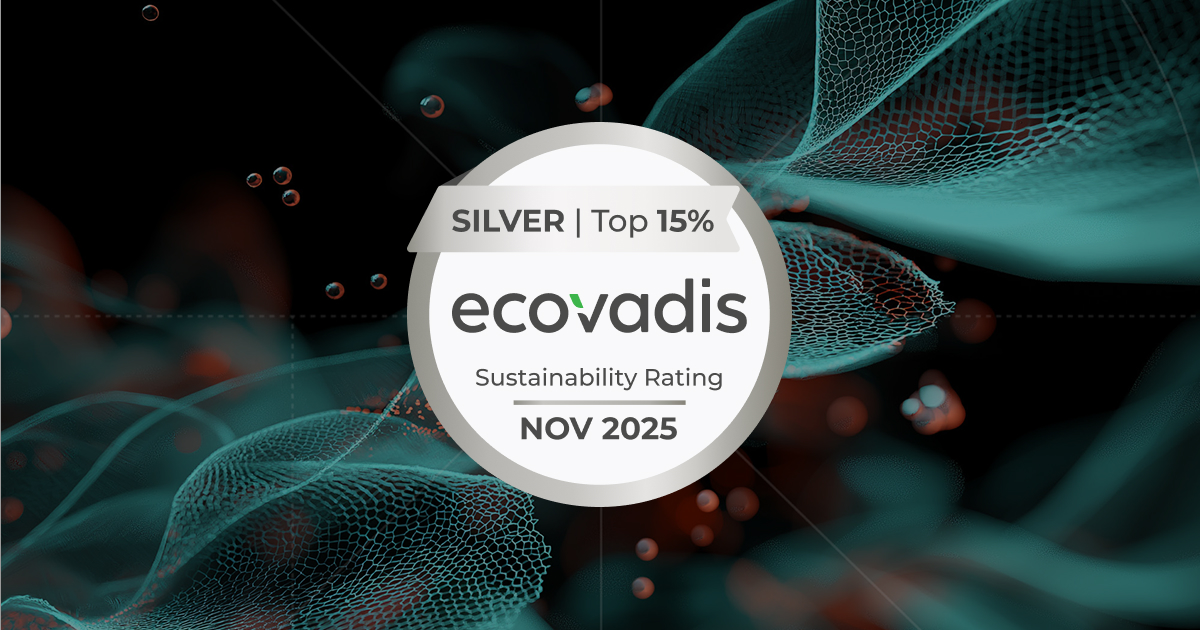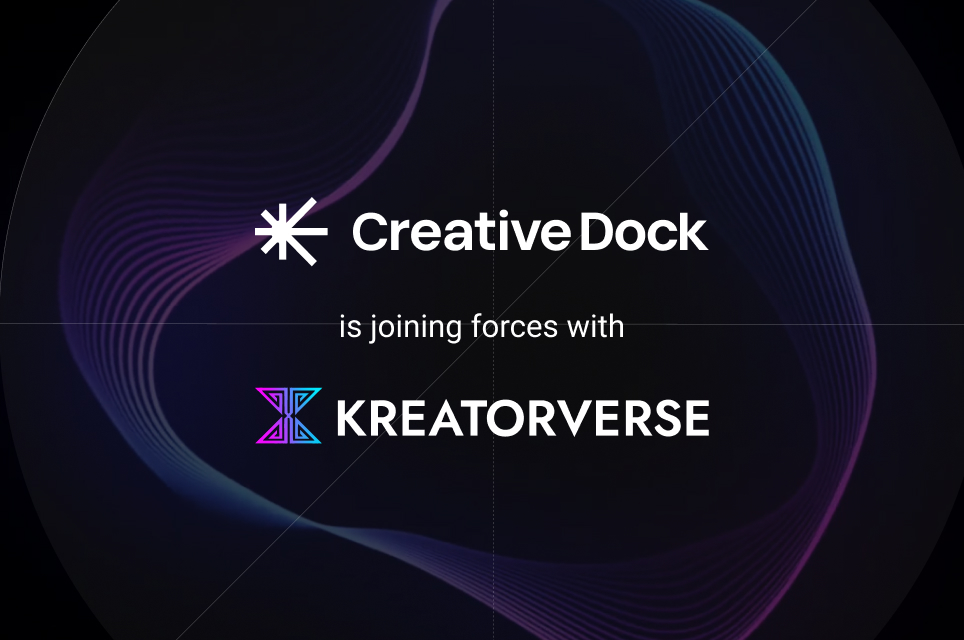Can trading your idea on the market show its future success? You bet.
“Only time will tell. We will see. Let’s hope.” Those are the words running through many a managers' head when deciding what innovations their company will invest in. But imagine having a tool that helps you choose which of your services are worth investing in, or which of your innovations are less likely to gain traction. Now imagine that such a thing exists. It’s called Ideapoly® and it is built and run by the European company IdeaSense, now part of Creative Dock Group.


Predictive power vs. “I would” probability!
You may have noticed that with your family, you are a bit of a different person than you are at work. Similarly, when answering a questionnaire in quantitative research, you will answer questions with a different attitude than when making important decisions. Ideapoly is used by companies to involve their customers, partners, and employees: bringing in great ideas from virtually anyone, it invites them to invest into the ideas that in their opinion will be the most successful ones on the market. It gives everyone the opportunity to be an investor.
Investors behave differently
While in the old days, companies used questionnaires to ask whether customers would buy a particular product, through Ideapoly the potential customers become investors, albeit with virtual money. As investors, they behave differently. They consider ideas more carefully when putting their money into them. They also get the chance to reconsider their choices, partially influenced by what other investors are doing as well as the cost of the stock. If they trust the idea they invested in, they usually will not sell its stock even if the price on the market goes down. On the flip side, if they stop trusting the idea is viable, they'll simply sell it.

Engage collective wisdom for your own success
By giving people the chance to act as investors, Ideapoly ensures they will decide more carefully (because they have their own profit in mind) than when ticking off a questionnaire (“Yeah, I think I would like that.”). They are given a new role, and we all know what a role can do to you. Just think of Philip Zimbardo's notorious Stanford Prison experiment.
“Ideapoly fundamentally replaces quantitative concept testing. While during research done via questionnaires the respondents simply respond to questions, during their one-week-long Ideapoly session they turn into real investors. And their decisions and behaviors line up with their role — they only go for investments they trust will be successful. This is what increases the predictive power of Ideapoly's results compared to quantitative research, sometimes reaching a 100% fit with future reality. Even a 70% fit to the future events is more precise than is usual for questionnaire-based research,” says IdeaSense co-founder Rudolf Cihak.
So what is Ideapoly®, seriously?
Numerous behavioral studies in recent years have revealed consumers’ limited rationality and shown that even seemingly irrational behavior follows specific patterns and rules. Applying psychological findings to marketing and pricing uncovers the most profitable opportunities. In Europe, Ideapoly is a completely unique methodology in that it uses a fictitious investment market with dozens of investors (similar tools exist in the USA).
“Ideapoly creates a predictive marketplace used for concept validation in innovation testing. Very simplistically, it works on the same principles as a small stock exchange.”

How it works:
- Ideapoly simulates a real-world stock exchange market
- Ideas/concepts are represented by shares
- All concepts have the same starting price
- All players have the same amount of virtual money
- Players invest virtual money in ideas they believe will succeed on the market
- The “stock” price of an idea/concept is driven by demand & supply
- The players' objective is to build the most valuable portfolio
- The market is open for a limited time (3–5 days)
Don’t underestimate crowd intelligence!
In the opinion of Ideapoly creators, crowd intelligence is one of the most important ways to shape the world's future. And the stock market, which involves some 10 million individuals using $5 trillion to literally manipulate the future by redistributing the money, is a true (and underappreciated) predictive mechanism. “In the stock market, you know days, weeks, even months in advance which stocks have investors’ confidence and which ones are losing it. Depending on that, the willingness to invest in them then changes. Be it currencies, companies, commodities…,” says Katerina Ailova Cihakova, the other half of the researcher-founder duo.
“And that’s the way Ideapoly works — a small-scale stock exchange. Instead of companies, it compares ideas and solution concepts to make the decisions for investments into innovations based on more solid ground.”
What can the research tool do in practice?
Just as the HSX (Hollywood Stock Exchange) index in the USA accurately predicts the attendance and especially the box office profits of new movies in theaters, Ideapoly’s main goal is to discover which ideas, concepts, new products, or services have the greatest market potential. “By the way, speaking of HSX. We have tested Ideapoly’s research several times to estimate the market potential of new releases in Czech movie theaters. This is a fairly narrow area, you have accurate data on people, filmmakers, the success of previous films, etc. And without any exaggeration, the accuracy was repeatedly 100%,” says Katerina.

“The principle of prediction market can then be used in several ways. Currently, Ideapoly is designed for four different use cases.”
1. Crowd Innovation
You can harness crowd wisdom to bring in new ideas for your business. With Ideapoly, your company can open its innovation funnel to the world, whether it wants to involve customers, business stakeholders, or employees. Ideapoly can help gather ideas from a varied range of people, and the best ideas might come from unexpected sources.
2. Concept Testing
You can see the potential of your innovation concepts faster and with better accuracy than via traditional market research. Ideapoly will provide you with an assessment of the product’s features, their impact on sales, and the specific reasons for the product's success. Your company will be able to see the innovation concept potential on the market with the highest prediction accuracy available.
3. Innovation Ecosystem
Innovative companies know how to foster their innovation resources and build an internal ecosystem so that the strategic innovation funnel never dries up. Ideapoly became an indispensable tool since it engages employees, customers, and business partners in participating in and growing the success of a company. Collaboration is made easy across teams and regions, and ideas can be assessed fast through the Ideapoly prediction market.
4. Market Volume and Penetration
Forecast the potential market volume and penetration of each innovation concept. Ideapoly gives you specifics on key product features that customers value the most. You can draw on realistic behavior and see how the adoption curve will develop over time.
Does a research tool for predicting the future have… well, a future?
“Creative Dock bought our innovation company IdeaSense together with Ideapoly. This will allow us a major expansion of this beneficial research methodology, within Europe and beyond,” says Rudolf Cihak. Ideapoly has repeatedly proven itself, having an outstandingly successful deployment in many industries. From banking to energy, manufacturing, and automotive to retail and FMCG. And clients such as Ahold, ERSTE, Nestle, Orange, O2, or Skoda Auto, for example, are employing it in all innovation projects IdeaSense has created for them; for some, Ideapoly is even a built-in feature in their innovation processes. Try it for your own ideas. You can get in touch with the creators themselves here.




.webp)










%20(1).jpg)































































